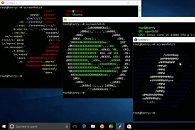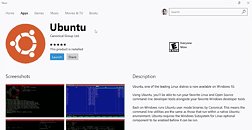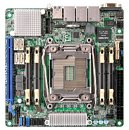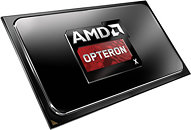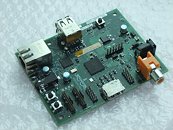Slimbook Intros Kymera Black: High-Performance Linux PC for Gamers and Content Creators
Slimbook, a Linux hardware manufacturer based in Europe (Spain) unveiled Kymera Black, a highly configurable desktop computer designed for gamers, content creators and hardware enthusiasts. This latest model focuses on flexibility, performance and durability. Kymera Black comes with options for AMD or Intel processors, capable of housing up to the latest AMD Ryzen 9 or Intel Ultra 9 CPUs. It can support up to 192 GB of DDR5 RAM running at 6000 MHz, as well as a wide variety of storage options up to 4 TB NVMe 5.0 SSDs (NVMe 5.0 optional depending on motherboard) and 80 TB of HDD capacity. For networking, it can feature up to Wi-Fi 7 (depending on motherboard) and 2.5G Ethernet connectivity, and up to 1200 W Platinum power supply units.
This desktop PC features a matte black metal chassis with modular components, removable panels, and washable dust filters. The case uses a combination of tempered glass and metal side panels with an optional 8-inch front display to monitor system temperature, fan speed, and component performance in real time. In terms of software, the Kymera Black offers a wide selection of pre-installed Linux distributions. These include the Ubuntu-based Slimbook OS with GNOME or KDE Plasma, as well as Kubuntu, Xubuntu, Ubuntu MATE, KDE neon, Debian, elementary OS, Pop!_OS, Linux Mint, Fedora, openSUSE, Manjaro, EndeavourOS, and Lliurex.
This desktop PC features a matte black metal chassis with modular components, removable panels, and washable dust filters. The case uses a combination of tempered glass and metal side panels with an optional 8-inch front display to monitor system temperature, fan speed, and component performance in real time. In terms of software, the Kymera Black offers a wide selection of pre-installed Linux distributions. These include the Ubuntu-based Slimbook OS with GNOME or KDE Plasma, as well as Kubuntu, Xubuntu, Ubuntu MATE, KDE neon, Debian, elementary OS, Pop!_OS, Linux Mint, Fedora, openSUSE, Manjaro, EndeavourOS, and Lliurex.













